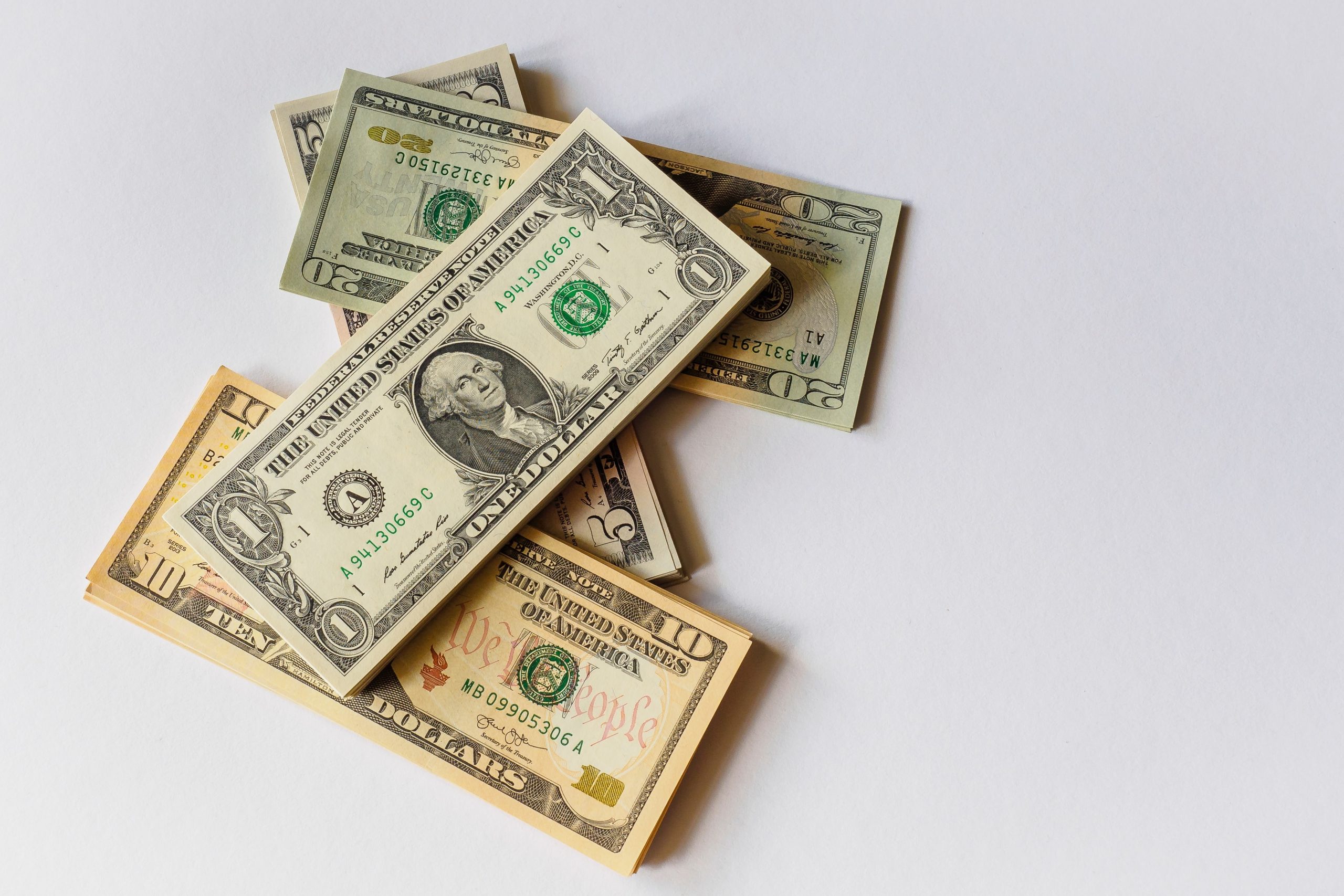
Schwab Capitalizes on Higher Yields with a $2.5 Billion Bond Issue
Charles Schwab Corp. has announced plans to raise up to $2.5 billion through a debt offering, capitalizing on a recent surge in investor interest towards higher yields in the corporate bond market. The Texas-based company will raise the debt in two parts, via notes due in 2029 and 2034, with proceeds earmarked for general corporate needs and to fuel business growth.
The bond offering comes after a profitable first quarter for Schwab, exceeding market expectations, thanks to a significant boost in interest income. Schwab CEO, Walter Bettinger, has expressed confidence in the company’s robust liquidity position. The debt offering also follows a recent announcement by Pfizer Inc. of plans to raise $30 billion in debt, signalling renewed deal-making vigour on Wall Street.
The offering’s notes due in 2029 would yield 205 basis points more than the benchmark, risk-free U.S. 5-year Treasury, while the yield on 2034 notes would be 227 bps above the U.S. 10-year Treasury yield. On the day of the announcement, Schwab’s stock fell by 1%.
Investment-grade rated corporate bonds have become increasingly appealing due to growing expectations that the Federal Reserve will maintain higher rates for an extended period. For example, the week of May 17th saw the second-highest volume of new investment-grade corporate bond issuance for the year, reaching $57 billion, as companies sought to finalize deals ahead of potential interest rate hikes and a looming debt-ceiling deadline.
The joint book-running managers for Schwab’s offering include BofA Securities, Citigroup, Credit Suisse Securities, Goldman Sachs, J.P. Morgan Securities, and Wells Fargo Securities. In trading on the day of the announcement, the bond spread tightened by three to five basis points from their new issue level, indicating a healthy regional-bank space.
The news of Schwab’s offering comes amid optimism surrounding a potential resolution to the U.S. debt ceiling debate. President Joe Biden and top U.S. congressional Republican Kevin McCarthy have both expressed their determination to reach an agreement, fueling investor confidence. The current trend of pouring money into corporate bonds is expected to continue, according to market observers, as investors seek higher yields relative to other asset classes.
